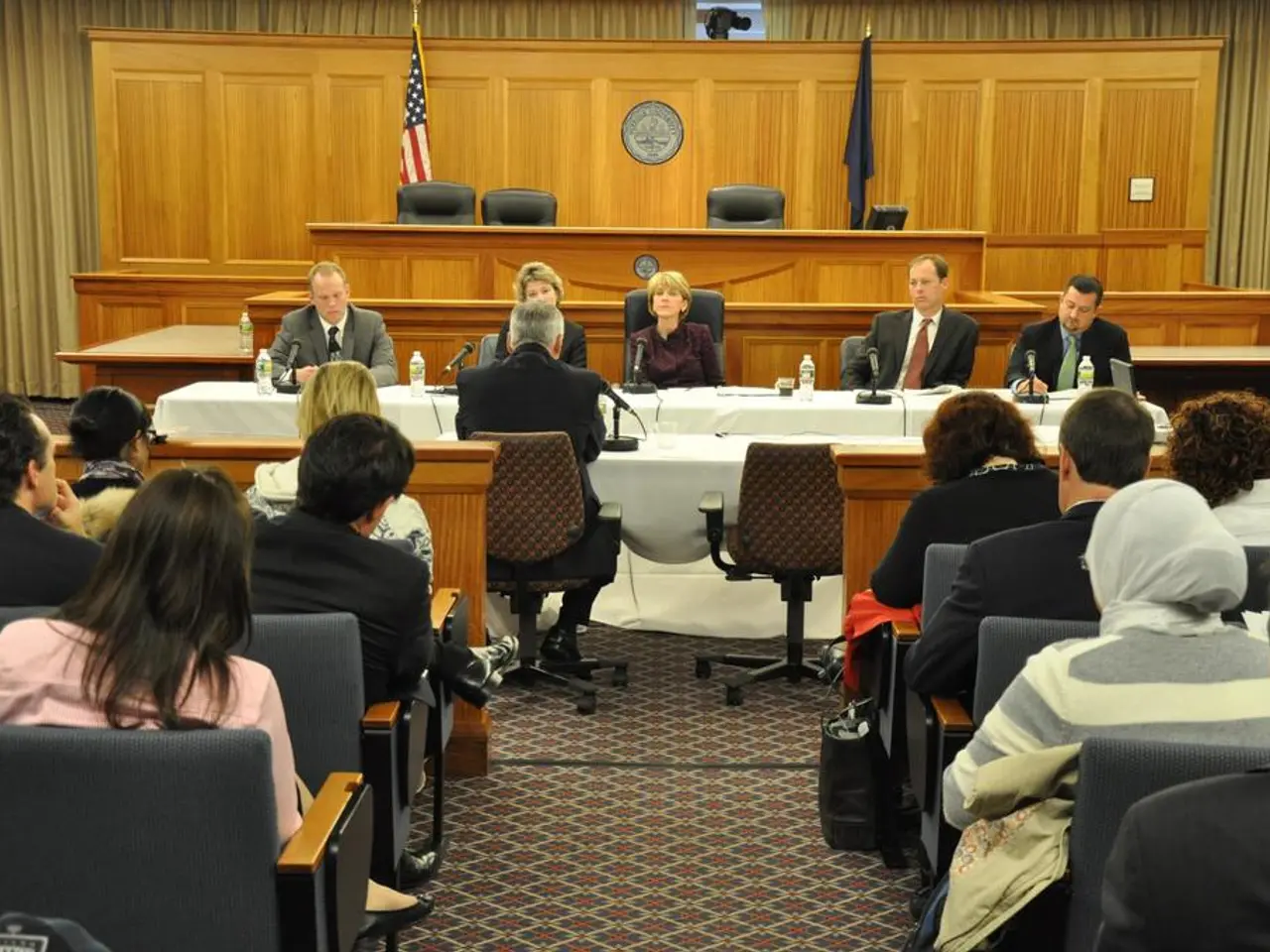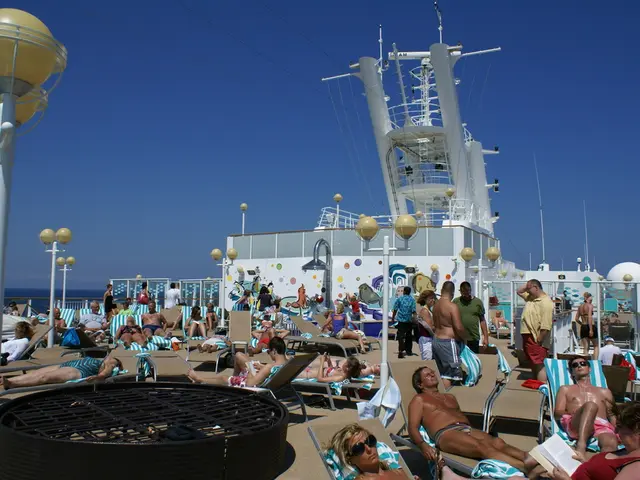Ukraine: Trump to hold meeting with Putin and Zelensky in a three-way summit
The upcoming summit between US President Donald Trump and Russian President Vladimir Putin, scheduled to take place at the largest US military base in Alaska on Friday, is set to be a significant event in international relations.
The meeting marks a historic moment as it will be Putin's first visit to a Western country since the full-scale Russian invasion of Ukraine in 2022. The focus of the discussions is centered on the ongoing Russo-Ukrainian War, with potential peace terms and a shift toward direct diplomacy instead of continued military engagement being the main points of discussion.
This summit is also noteworthy as it will be held on a US military base, reflecting security and diplomatic sensitivities due to Putin’s ICC arrest warrant for alleged war crimes, which bars him from entering many Western countries. It is also the first U.S.-hosted presidential meeting between Russia and the United States since 2007, highlighting its geopolitical weight.
The summit indicates a possible US policy shift away from direct confrontation, with Trump suggesting that Ukraine might need to cede territory to end the war. This stance has generated tension with European allies who fear abandonment of Ukraine and weakening NATO’s unified front. In response, European leaders have expressed alarm and increased diplomatic efforts to maintain support for Ukraine, highlighting the broader implications for international alliances and regional security.
The location in Alaska carries symbolic meaning, representing historical ties and a reminder of past US-Russia cooperation despite ideological divides, while also being a practical choice given Putin’s travel restrictions due to the ICC warrant.
Germany, in particular, wants to keep a close European-Ukrainian group to react quickly, united, clear, and decisively to the result of the Anchorage summit. The German government also views the teleconference of Europeans with US President Donald Trump before his Alaska summit with Putin as a sign of European unity.
Russia, on the other hand, is suggesting discussions about the future of Ukraine tied to a reduction of NATO presence, potentially in Poland. The Russian Foreign Ministry in Moscow has stated that territorial issues are regulated by the Russian constitution.
In the midst of these negotiations, US Treasury Secretary Scott Bessent has called on Europe to join sanctions against countries buying Russian oil. Trump has also threatened Russia with "very severe consequences" if the Russian attacks on Ukraine do not stop.
Energy exports are a key source of revenue for Russia, and the Russian war against Ukraine has been ongoing for almost three and a half years. The base where the summit will take place, Elmendorf-Richardson, has a rich history dating back to World War II, with a runway built on the site in 1940 and the first air force personnel stationed there in the same year. The base serves as the headquarters for the Alaska Command of the Armed Forces and the US Air Force controls the airspace in the border region between the USA and Russia from there.
The summit thus reflects evolving dynamics in the Russia-Ukraine conflict and broader international relations involving the US, Russia, and their allies. Positive reactions were expressed in German government circles regarding the appearance of US Vice President JD Vance at a virtual meeting of Ukraine supporters.
In summary, the Trump-Putin Alaska summit is significant because it:
- Represents Putin’s first visit to a Western country post-invasion, signaling a major diplomatic opening.
- Focuses on negotiating an end to the Ukraine war via direct talks, marking a potential US pivot from military support to diplomacy emphasizing territorial concessions by Ukraine.
- Creates tension within NATO and with European allies wary of US withdrawal of support.
- Occurs on US military soil for security and legal reasons related to Putin’s ICC status.
- Symbolizes historical and strategic geography relevant to US-Russia relations.
This summit thus reflects evolving dynamics in the Russia-Ukraine conflict and broader international relations involving the US, Russia, and their allies.
Read also:
- Discussion between Putin and Trump in Alaska could potentially overshadow Ukraine's concerns
- Independence supporters in New Caledonia refuse agreement offering authority without a vote on sovereignty
- Proposed Standardization of Food Labeling Laws Among Member States by the Commission
- Experimenting with Merz's Germany has stretched into an extended period of time, resembling a numerous three-month duration.








